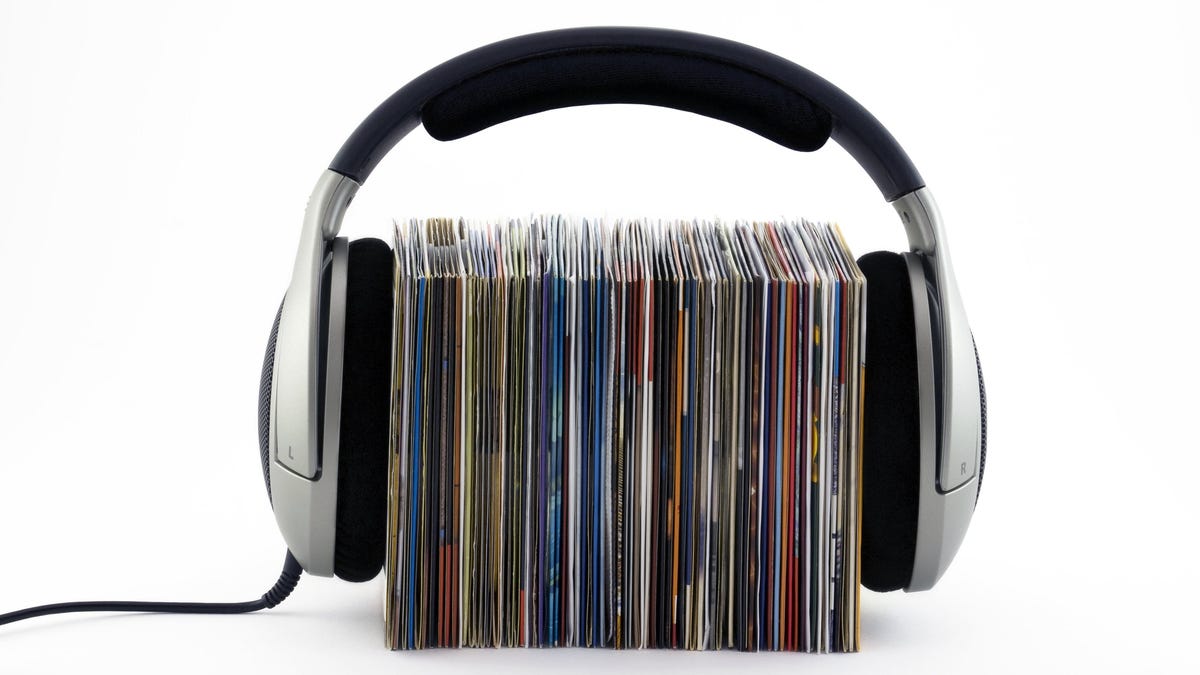"Muso, a research firm that studies piracy, concluded that the high prices of streaming services like Spotify and Apple Music are pushing people back towards illegal downloads. Spotify raised its prices by one dollar last year to $10.99 a month, the same price as Apple Music. Instead of coughing up $132 a year, more consumers are using websites that rip audio straight out of YouTube videos, and convert them into downloadable MP3 or .wav files.
Roughly 40% of the music piracy Muso tracked was from these “YouTube-to-MP3” sites. The original YouTube-to-MP3 site died from a record label lawsuit, but other copycats do the same thing. A simple Google search yields dozens of blue links to these sites, and they’re, by far, the largest form of audio piracy on the internet."
The problem isn’t price. People just don’t want to pay for a bad experience. What Apple Music and Spotify have in common is that their software is bloated with useless shit and endlessly annoying user-hostile design. Plus Steve Jobs himself said it back in 2007: “people want to own their music.” Having it, organizing it, curating it is half the fun. Not fun is pressing play one day and finding a big chunk of your carefully constructed playlist is “no longer in your library.” Screw that.



Piracy creates an endless loop of artists taking advances and eventually losing royalties. That’s just what I’ve seen growing up in the music /film/ TV industry and briefly working in both. Screw labels and Spotify but go support artists and actually buy stuff.
Artists have never made much on sales anyway. Go to shows.
“It’s my understanding that I had over 80 million streams on Spotify this year, So, if I’m doing the math right that means I earned $12. Enough to get myself a nice sandwich at a restaurant. So, from the bottom of my heart, thanks for your support, and thanks for the sandwich.” - Weird Al
buy swag from their web presence if you are old and your ears can’t do live shows no more.
Noise attenuating earbuds are a game changer, haven’t gone home with ringing ears since I started using them.
Those are called earplugs.
Ticketmaster has kicked in the doors of the chat, and secured every exit with burly goons.
Fucking dirtbags. They were recently forced to lump all their fees into the ticket price so their new tactic is to tack on fake taxes when purchasing tickets. I recently bought some for a festival through a ticketmaster subsidiary (to a venue owned by ticketmaster) and they charged me $33 in taxes on the purchase. The thing is, I live in Oregon where we don’t have any sales tax. I wrote both them and the promoter asking about it and they gave me some bullshit excuse about them being “state and local taxes” (venue is in rural Washington) even though that’s not how it works when it comes to purchases nor are there any local taxes in that area. The rate they charged me doesn’t even match the WA sales tax rate.
This is still making them a significant amount of money regardless of Ticketmaster.
No they don’t. I don’t have a problem with let me listen to this to see if I should buy it. That’s totally understandable. People who just do it to get everything free is what I have a problem with. If you really like the work find a way to support them because those numbers open doors to bigger opportunities.
Totally agree on the show’s and I’ve seen some big name artists at small shows randomly. Also some really good merchandise.
This is the way.
Seems like advances exited long before piracy was a significant thing. Though I’m sure piracy does contribute to the imbalance like you describe.
I don’t mind paying artists for work that I like. Hell, I’ve bought much of my collection 3 times now: LP, cassette, CD. I never bought MP3s - just ripped them myself. All my CDs are in storage, which is dark, cool, and dry.
I’m pretty sure the distributors kept most of that money.
And that’s where the bulk of the problem lies: the power brokers that have always tried to control production and distribution.
And that goes back a long way. I know I’m being repetitive, but Payola has been around a long time, and rather indicative of the state of media production. It’s not like these ideas left just because someone got busted… They just learned new ways to accomplish the same goals of controlling the media marketplace without getting caught.